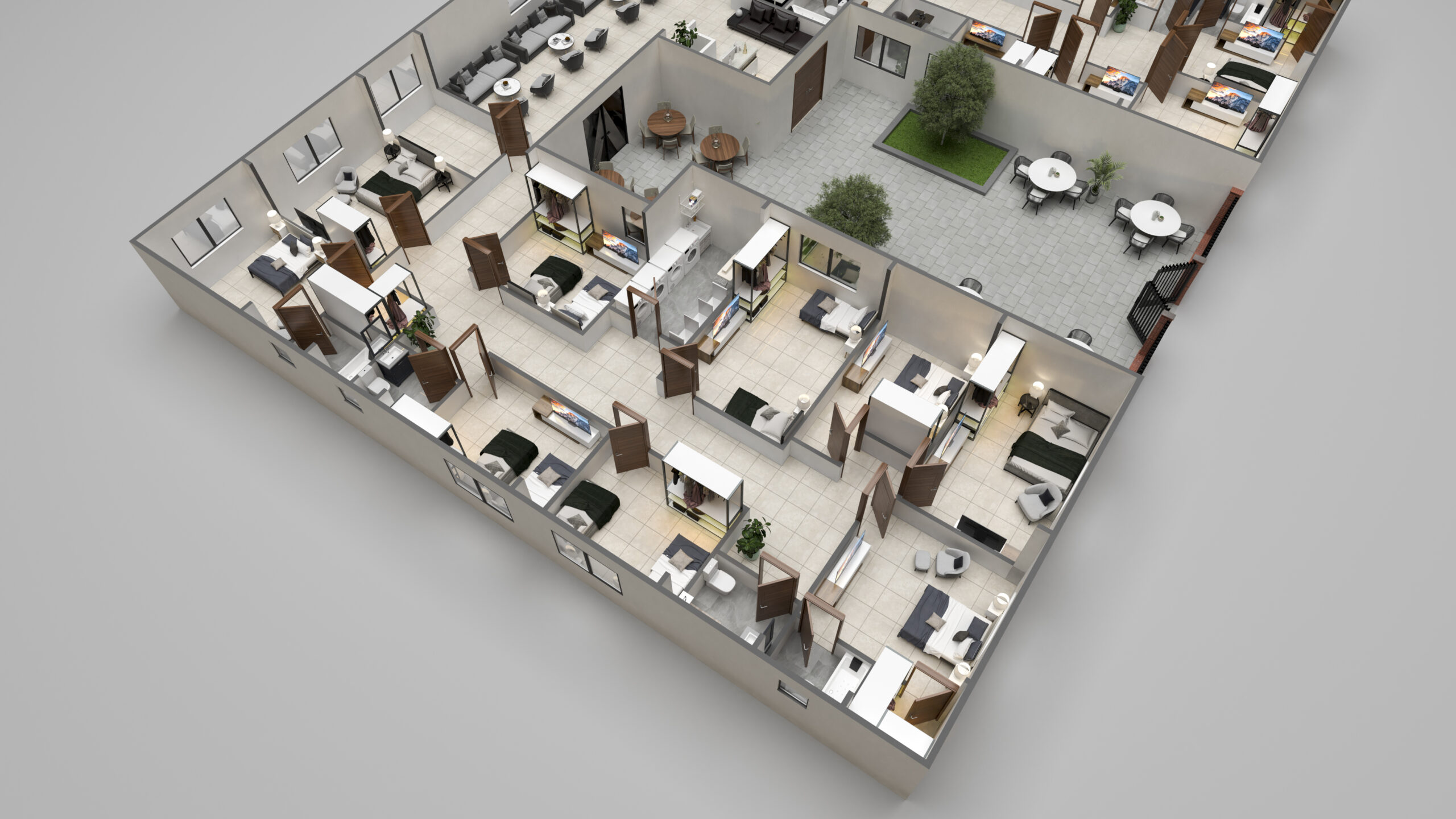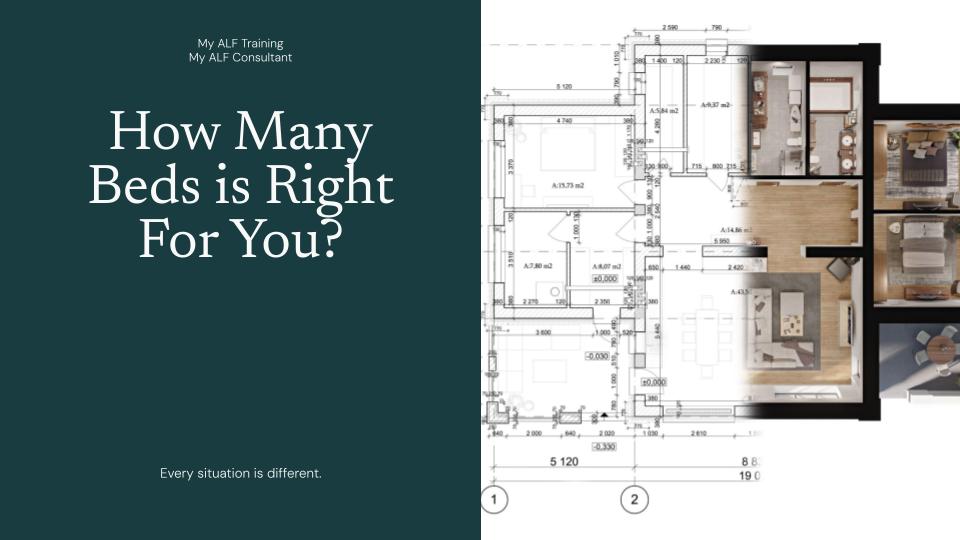Types of Long-Term Care Services
Running an assisted living facility (ALF) means providing more than just a place to live—it’s about delivering comprehensive care that meets residents’ daily needs while promoting their independence and dignity. Unlike independent living or traditional apartment complexes, assisted living focuses on offering 24/7 support with tasks that many take for granted. Understanding the core resident services is crucial for creating a thriving, well-regarded community.
Understanding Levels of Care: Independent Living, Assisted Living, and Beyond
The spectrum of senior living options ranges from independent living to skilled nursing care. Knowing where assisted living fits helps prospective owners and operators define their offerings and set clear expectations for residents and families.
- Independent Living: Designed for seniors who are largely self-sufficient but enjoy the convenience of maintenance-free living. Services typically include meals, housekeeping, and social activities, but no medical or personal care.
- Assisted Living: The hallmark of assisted living is providing help with activities of daily living (ADLs) such as bathing, dressing, eating, and medication management. Facilities also offer meals, entertainment, and housekeeping, with around-the-clock supervision.
- Memory Care: A specialized form of assisted living for residents with Alzheimer’s or other forms of dementia. Memory care units feature enhanced security, structured routines, and staff trained in dementia care.
- Skilled Nursing Facilities (SNFs): Also known as nursing homes, SNFs provide intensive medical care and rehabilitation services. These facilities are staffed with licensed nurses and are typically for residents with chronic medical conditions.
Assisted living sits in the middle of this continuum, offering a blend of independence and support tailored to each resident’s needs.
Activities of Daily Living (ADLs): The Cornerstone of Assisted Living Care
One of the primary responsibilities of an assisted living facility is to assist residents with ADLs. These are the essential tasks people must perform to live independently. The six core ADLs include:
- Bathing: Assistance with washing, shampooing, and maintaining personal hygiene.
- Dressing: Helping residents choose appropriate clothing and dressing themselves.
- Eating: Ensuring residents can feed themselves or providing help when necessary.
- Toileting: Offering support with using the toilet and managing incontinence.
- Transferring: Helping residents move from bed to chair or vice versa.
- Mobility: Assisting with walking or using mobility aids such as walkers or wheelchairs.
Facilities often offer tiered pricing based on the level of assistance each resident requires with ADLs, making it essential to accurately assess and document each resident’s needs.
Essential Support Services: Meals, Housekeeping, and Social Activities
Beyond ADLs, assisted living facilities provide a range of support services designed to enhance residents’ quality of life.
- Meals and Nutrition: Dining is often the highlight of a resident’s day. ALFs typically provide three meals daily, plus snacks, with options to accommodate dietary restrictions such as low-sodium or diabetic-friendly meals. Menu planning often incorporates resident feedback to ensure satisfaction.
- Housekeeping and Maintenance: Regular cleaning of residents’ rooms, common areas, and laundry services are standard. Facilities must also stay on top of maintenance to ensure a safe, comfortable environment.
- Social and Recreational Activities: Engaging residents in social, physical, and cognitive activities is essential. This might include exercise classes, arts and crafts, movie nights, or outings to local attractions. Activities promote mental stimulation, physical health, and social connection.
Medication Management: A Critical Component
Medication assistance is one of the most regulated aspects of assisted living. Residents often take multiple medications, and ensuring they receive the correct dosages at the right times is vital. Facilities typically offer:
- Assistance with Self-Administered Medication: Staff help residents manage their own medications by providing reminders and ensuring they are taken correctly.
- Full Medication Administration: In some states, trained staff or licensed nurses administer medications directly to residents. This service often comes with an additional fee.
Maintaining detailed records of medication administration is crucial for regulatory compliance and resident safety. Partnering with a pharmacy that specializes in long-term care can streamline this process.
The Importance of Personalization in Assisted Living Services
No two residents are the same, and successful assisted living facilities tailor their services to meet individual needs and preferences. Personalized care plans should be developed upon move-in and updated regularly to reflect any changes in health or abilities. Involving residents and their families in the care planning process fosters trust and ensures that each resident receives the appropriate level of support.
Conclusion
Assisted living facilities play a vital role in supporting seniors who need help with daily tasks while preserving as much independence as possible. By understanding and providing core services like ADL support, nutritious meals, engaging activities, and medication management, facility owners can create a safe, supportive environment where residents thrive. In the next post, we’ll explore the essential medical and health-related services that help residents maintain their well-being.







